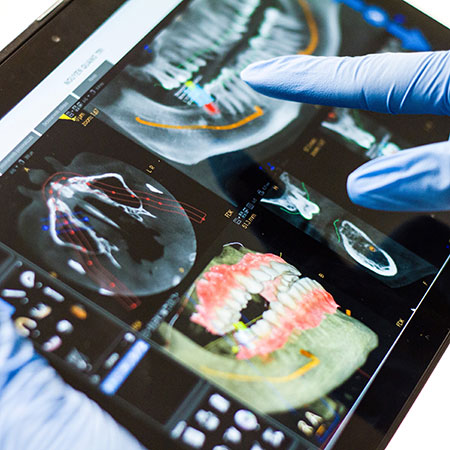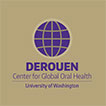 A 2021 report by the U.S. National Institutes of Dental and Craniofacial Research (NIDCR) at the Department of Health and Human Services entitled “Oral Health in America: Advances and Challenges” examines the current state of oral health in the United States, and the progress that has been made over the past twenty years. The report touches on all aspects of oral health including the effect of oral health on the overall well-being, community, and the economy; oral health across the lifespan; oral health workforce, education, and practice; oral health and pain, substance abuse, and mental illness; and emerging sciences and technologies.
A 2021 report by the U.S. National Institutes of Dental and Craniofacial Research (NIDCR) at the Department of Health and Human Services entitled “Oral Health in America: Advances and Challenges” examines the current state of oral health in the United States, and the progress that has been made over the past twenty years. The report touches on all aspects of oral health including the effect of oral health on the overall well-being, community, and the economy; oral health across the lifespan; oral health workforce, education, and practice; oral health and pain, substance abuse, and mental illness; and emerging sciences and technologies.
While there have been a few improvements in areas such the medical community acknowledging that oral health is important for overall health, and access to care has improved for children from low-income families in part due to increased collaboration between oral health professionals and pediatricians, there are still troubling trends in oral disease prevalence in the U.S. For example, 47% of U.S. adults 30 years of age or older have periodontal disease, and nine out of ten adults 20 to 64 years of age have had dental caries. Dental caries in permanent teeth still rank among the most common childhood diseases.
In order to improve oral health for Americans there are several areas of reform that would make a large impact, such as increasing access to dental care and tackling high costs associated with oral health. Over the past twenty years, per-person oral care costs have increased 30%, with $55 billion paid in out-of-pocket expenses. Communities that are the disproportionally impacted by oral health diseases have the least access to health services. To improve oral health across the spectrum, policies are needed to integrate medical, behavioral, and oral health. Adding preventive services to all aspects of the community including schools, assisted-living facilities, primary care clinics, community care clinics, and dental clinics would improve access.
The 2000 NIDCR report recognized that oral health is crucial to overall health. It’s critical that oral health be included in all aspects of health care, discovery, and policy in order to fully integrate and improve oral health for all Americans.
